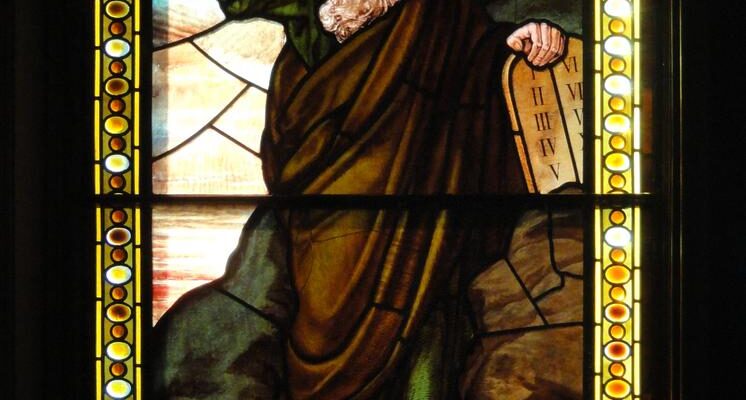If I don’t believe what God says,

Why should I believe what you say?
Watch our Truth in Two to find out why (full text below). This entry is #6 in our summer series on the cultural appropriation of Hebraic-Christian words.

Subscribe to MarkEckel.com (here). Find the MarkEckel.com YouTube Channel (here). Mark is President of The Comenius Institute (website). Dr. Eckel spends time with Christian young people in public university (1 minute video), teaching at Indiana University Purdue University at Indianapolis, and interprets culture from a Christian vantage point (1 minute video). Consider becoming a Comenius patron (here).
Picture Credit: Luke Renoe, Snappy Goat
FULL TEXT
The fact that God has disclosed Himself to humanity is automatically questioned by unbelievers. What fascinates me about unbelief is not unbelief. What makes me shake my head is that the same folks who question God’s revelation, want me to believe their revelation.
Think of my skepticism this way. No one is perfect. Even unbelievers acknowledge they do “wrong.” The imperfection causes humans to speak falsehoods. The same people who refuse to acknowledge Truth from God are folks who have also lied, shaded the truth, hidden facts, or ignored other points of view. And these same people want me to join them in unbelief?! As one of my favorite comedians once stated, “I don’t think so!”
In fact, my suspicion of unbelief resides in the word itself. The word “unbelief” suggests that a “belief” exists. I think the same thing about words like “untruth.” If folks are suggesting something is “untrue” I have to ask, “Doesn’t truth have to exist before we doubt what is true?”
I think there is a simpler explanation for God’s revealed Truth. What if we take the Bible at face value? What if we simply hold open the idea that God has communicated Who He is to humans through The Book? How would I prove it?
Again, I’m going for the simple explanation. If I – I’m speaking humanly, now – went about disclosing myself to humanity, I would want to make myself look good and everyone who believed in me, look good. If I wanted Bible writers like Moses or David or Paul or Peter, I would whitewash all the bad stuff they had done. And then, I would make sure all the people on my side were righteous and did no wrong.
Honestly, I think the Bible being honest about a God who has made Himself known, but who I do not fully understand, has the ring of Truth to it. And God showing us who we really are as humans, people who sin, that is a Book I would consider as True. When I look at myself, when I look at all of human history, the Bible’s statement, “All have sinned and fallen short of God’s glory” will make me take a second look at God’s revelation.
You want me to join your unbelief? Then, be honest about your human condition, your sin. I believe the Bible for many reasons; not the least of which is its honesty about what we humans are like. For Truth in Two, this is Dr. Mark Eckel, personally seeking what is true because I already known what is false.

